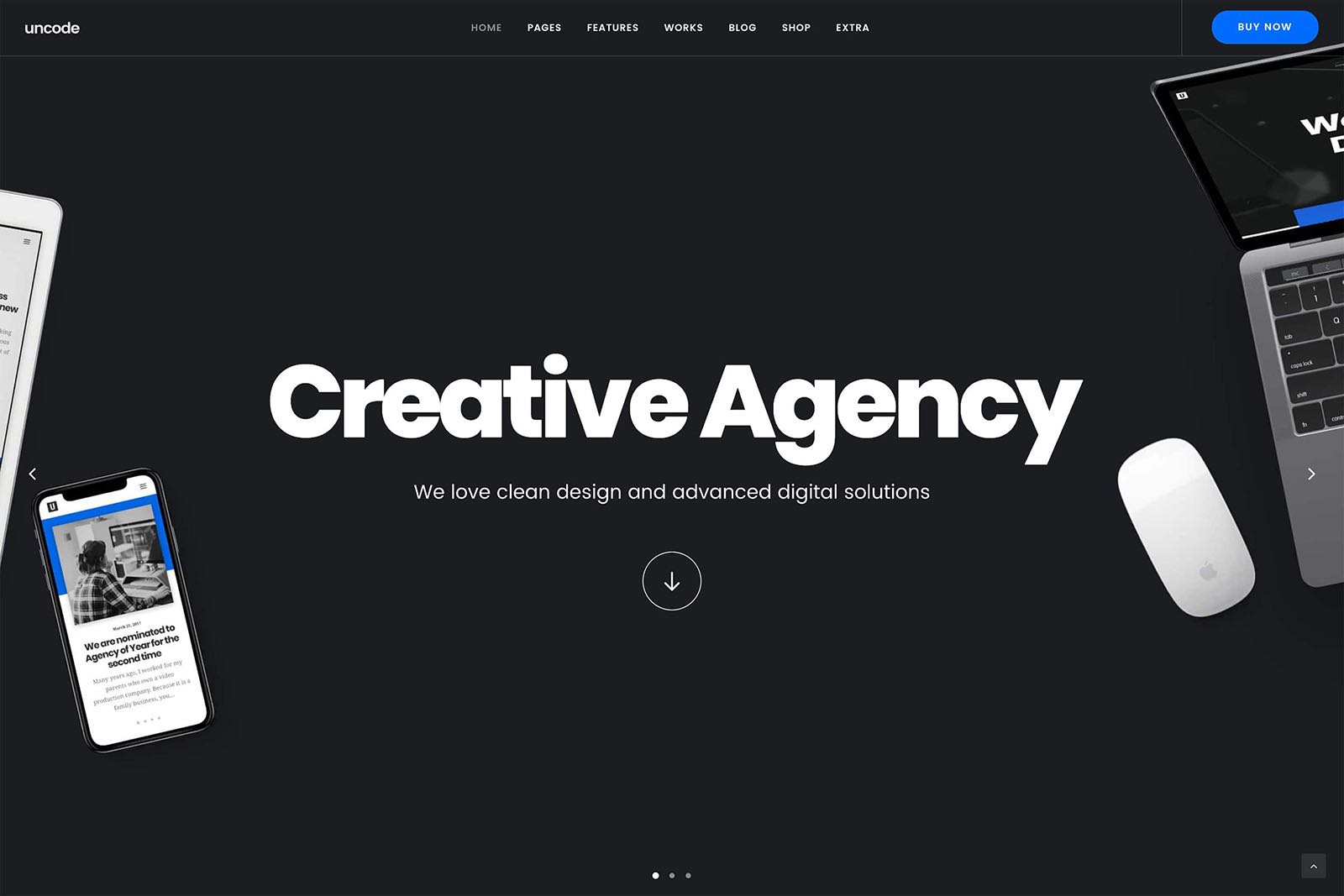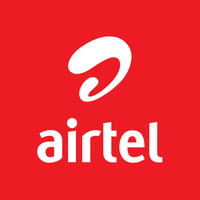By Seun Johnson
In a fiercely competitive market, creative agencies in Nigeria are spearheading the evolution of brand engagement and sustainability. While prioritising strategic investments in digital platforms, innovative content, and long-term relevance, their resilient strategy is also enabling both established and emerging brands to thrive amid mounting challenges.
From digital marketing to influencer partnerships, the spending patterns of these agencies have consistently revealed the key trends that are shaping the industry and the performance of their brands in the market. And in most cases, their budgets are channelled into digital transformation.
Before now, traditional media was the in-thing. However, despite the credibility and a sense of gravitas it lends to brand, focus and emphasis have moved to digital media which has led to a shift in advertising preferences. Consumers are now believed to be more engaged with advertisment on their smartphones or computers rather than through traditional media channels.
According to a Statista report, since 2018, digital advertising has overtaken traditional advertising due to a paradigm shift in consumer behaviour from offline to online. Over the past ten years, the number of internet users has grown significantly. This is believed to explain the rationale behind agencies’ decision to concentrate their advertising budget on digital ads.
Primarily driving this change are social media platforms like Instagram, X, Facebook, LinkedIn and TikTok which are constantly leveraged by agencies, giving them an unfettered access to Nigeria’s young and tech-savvy audience. Agencies are also investing heavily in content creation which include short-form videos and interactive media experiences basically designed to drive engagement.
The Statista report further highlights the dominance of influencer marketing as a key trend agencies should monitor in the advertising industry. Influencers, especially on social media platforms, have amassed substantial followings in Nigeria. Brands are increasingly collaborating with them to promote products and services, as their influence significantly impacts consumer purchasing decisions. This trend is largely driven by the need to engage a younger generation, especially the GenZs who tend to trust influencer recommendations more than traditional advertisements.
Another trend in the Nigerian advertising market is the increasing use of mobile advertising. With the rise in smartphone penetration and internet usage, brands are focusing on mobile advertising to reach their target audience. Mobile advertising offers the privilege to target consumers based on location, interests, and population, making it an effective marketing tool. Consequently, mobile ad spending in Nigeria has surged, with agencies capitalising on this trend to expand their market reach.
In the same vein, digital transformation has simplified the process for agencies to monitor brand performance. Data analytics has become an essential tool for tracking consumer behaviour, preferences, and trends, enabling agencies to refine campaigns and enhance return on investment.
Agencies also focus on metrics like brand visibility, engagement rates, conversion rates, and sales impact to evaluate the success of their campaigns. This data-driven approach helps them to optimise marketing spend and improve overall performance. By combining these strategies, agencies are able to help brands effectively compete and grow in the Nigerian market.
However, developing sustainable strategies for brands requires a steadfast commitment to long-term goals, as many brands recognise that the key to maintaining product relevance lies in continuous innovation and a deep understanding of consumer needs.
Agencies are encouraged to guide their clients in adopting product lifecycle marketing strategies, which focus not only on a strong product launch but also on maintaining momentum through continuous consumer feedback, product updates, and phased marketing efforts.
Also, sustainability is no longer just about staying relevant. It is about aligning with social values. Consumers are gravitating towards brands that show a commitment to environmental and societal issues. Agencies should help brands embed these values into their campaigns, ensuring that every new product feels like a meaningful addition to the marketplace.
While the focus on digital transformation, data-driven insights and sustainability continue to define brands’ performance in the market, only agencies that adapt to these trends and continue to push beyond the boundaries of creativity will remain major players in shaping the Nigerian advertising industry.






Comment
No comments found.